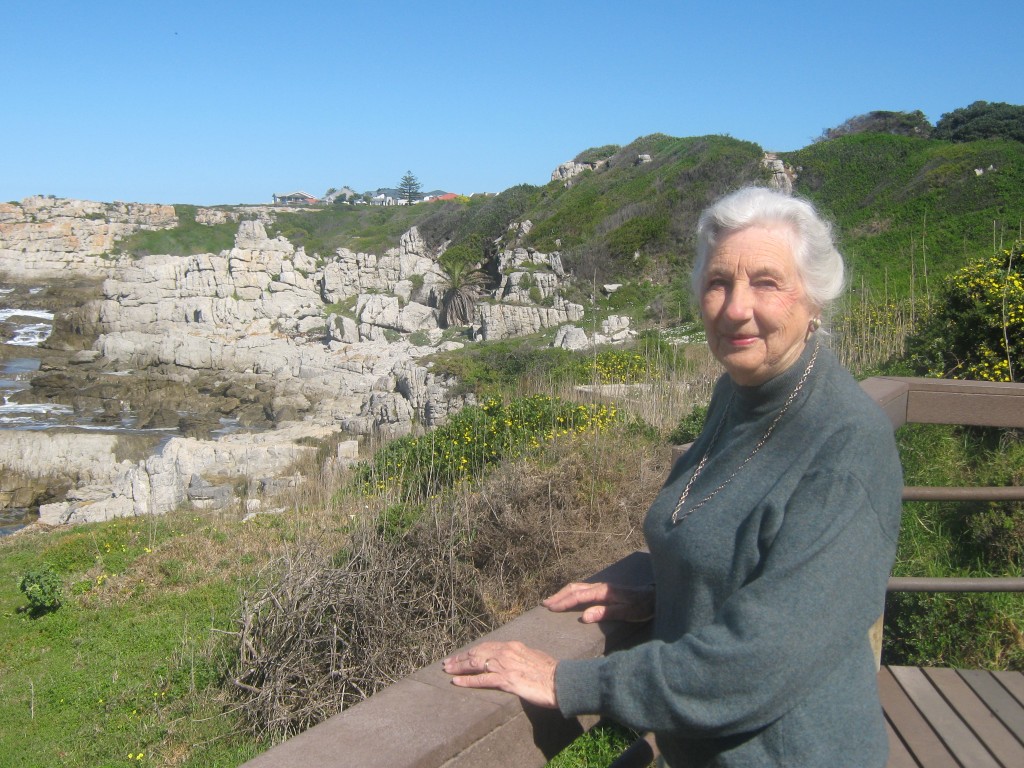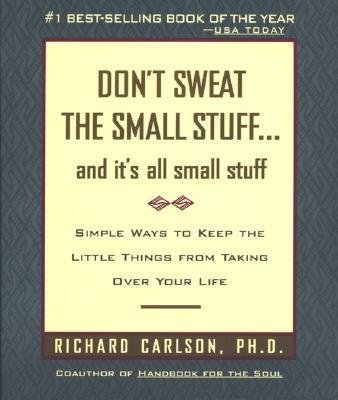I've just had the pleasure of reading Full Circle, a collection of South African short stories by Pamela Williams. Her stories are amusing and many of the quirky endings were unexpected and gave me a …
Book Reviews
These book reviews are for some of my favorite books that I personally recommend. David Burns, 'Feeling Good, The New Mood Therapy' This is a Cognitive Behavior Therapy self-help book that …
Richard Carlson ‘Don’t Sweat the Small Stuff’ – A Book Review
This is an excellent book of 100 short stories of 'simple ways to keep the little things from taking over your life'. Each story is a very quick read of about 1 page. If you take it to heart and …
Continue Reading about Richard Carlson ‘Don’t Sweat the Small Stuff’ – A Book Review →


